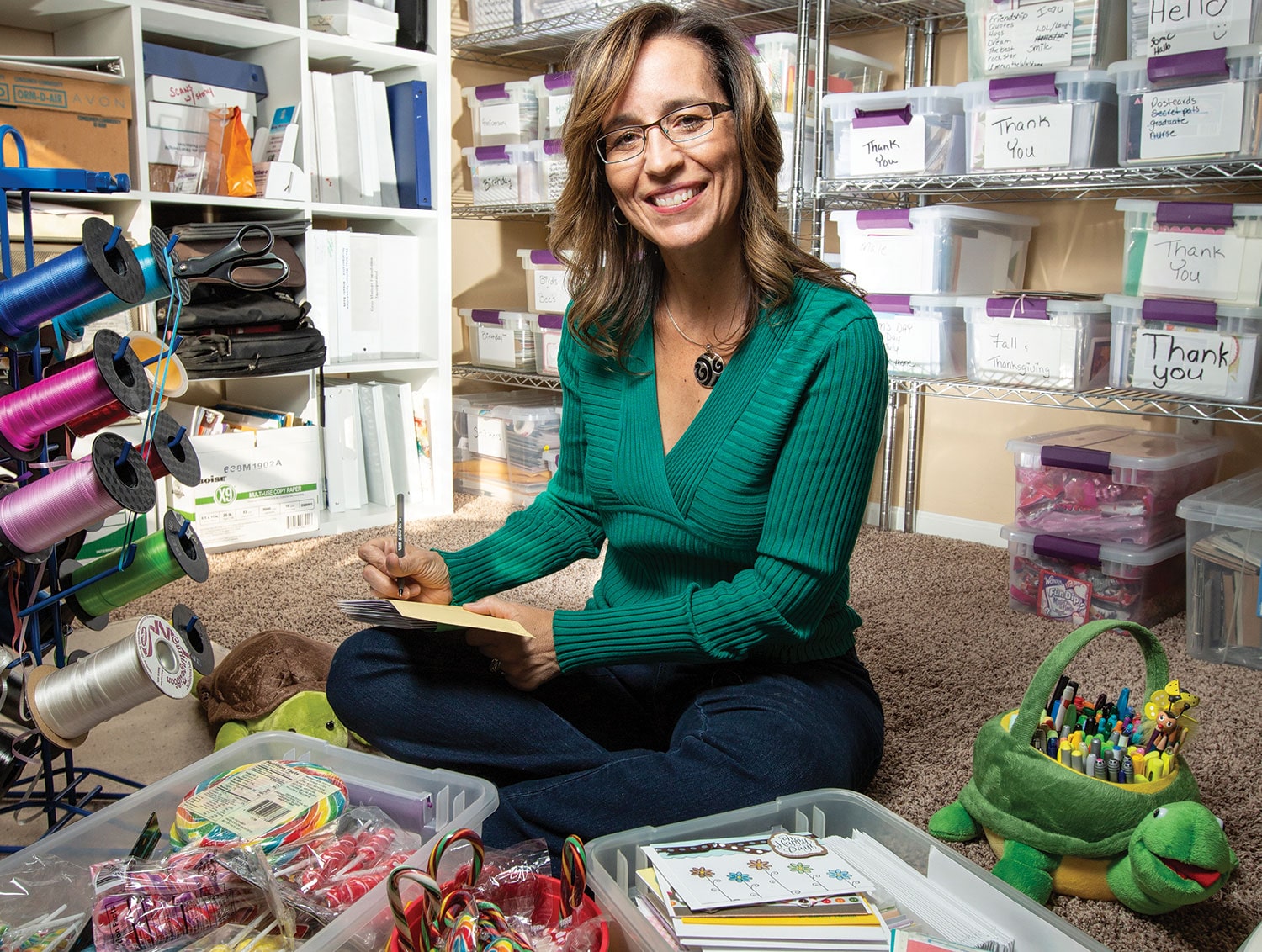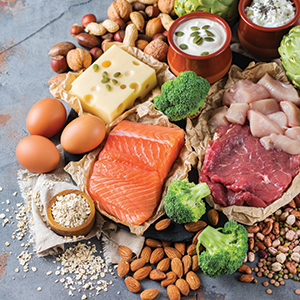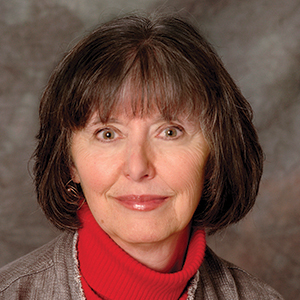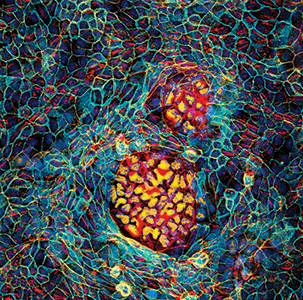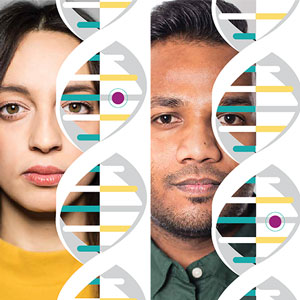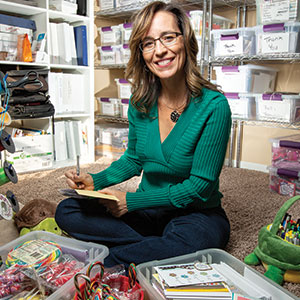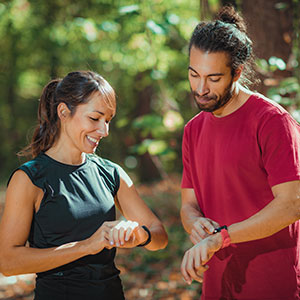Winter 2019/2020 Vol. 09 Issue 04
-
From the Editor-in-Chief
Human Papillomavirus Vaccines: Bad News, Good News and Great NewsIncreased vaccination rates can help reduce cervical cancer as a worldwide health threat.
by William G. Nelson, MD, PhD
-
Forward Look
Investigating the Keto Diet’s Effects on Cancer | Early Chemotherapy Dose Reductions May Affect Breast Cancer Outcomes | Screening for Lung Cancer in Rural Areas | Clinical Trials Need Cancer Caregivers Too | Targeted Treatments for Tots | Medicare to Cover CAR-T Cell Therapy | What’s Next? Winter 2019/2020
-
Your Cancer Guide
Do You Need to Talk?Follow these steps to find a therapist who can meet your needs.
by Hester Hill Schnipper
-
Caregiving With Confidence
Take Financial InventoryTreatment-related expenses can increase stress on both caregivers and patients. Learning to talk about these concerns may help ease the burden.
by Aimee Swartz
-
Policy Matters
Keep Up Momentum for Medical Research FundingAdvocating for federal funds for medical research pays off when the effort is constant and compelling.
by Brandon L. Leonard, MA, and J. Tod Guidry, PhD
-
Turning Up the Heat on Cancer
Researchers are working to expand the benefits of immunotherapy by making “cold” tumors “hot” so they can respond better to treatments.
by Kendall K. Morgan
-
Secure Connections
Patients find each other online and get support they say is unparalleled, but with openness comes concern about privacy.
by Kate Yandell
-
BRCA: Who Should Be Tested?
Genetic testing for mutations in the BRCA1 and BRCA2 genes creates opportunities for cancer risk reduction. But 25 years after the mutations were discovered, some who could benefit from testing are still left out.
by Sue Rochman
-
Survivor Profile
Handle With CareBrain cancer survivor Lanette Veres sends cards and packages to others with the disease. She believes no one should face cancer alone.
by Lindsey Konkel
-
Q&A
Coming of AgeDrawing on her own experiences as a teenager who learned her mother had pancreatic cancer, Marisa Bardach Ramel urges adolescents in similar situations to embrace all emotions—even the ugly ones.
by Marci A. Landsmann
-
Sound Advice
Your Questions, Our AnswersExperts offer advice on parenting a child who has had cancer, what to look for in a primary care provider, and peripheral neuropathy.
-
Get Involved
Creative TherapyVarious kinds of artistic expression can play a role in processing the emotional effects of cancer.
by Bradley Jones
-
In the Moment – Winter 2019/2020
Readers share snapshots of their lives today.
Adding chemotherapy to targeted therapy improves outcomes for people with advanced EGFR-positive non-small cell lung cancer.
by Sandra Gordon
Lessons From 20 Years Living With CancerMultiple myeloma survivor Jonathan Gluck reflects on uncertainty, and the scientific progress that has kept him living with cancer for more than two decades.
by Eric Fitzsimmons
The Enduring Importance of Cancer Disparities ResearchOpening session from AACR conference highlights how perseverance and adversity have informed cancer disparities research over the years.
by Eric Fitzsimmons
Most Cancer Survivors Don’t Meet Healthy Diet GoalsDespite research linking fruits and vegetables to cancer survival, many people do not change their eating habits after diagnosis.
by Darlene Dobkowski

